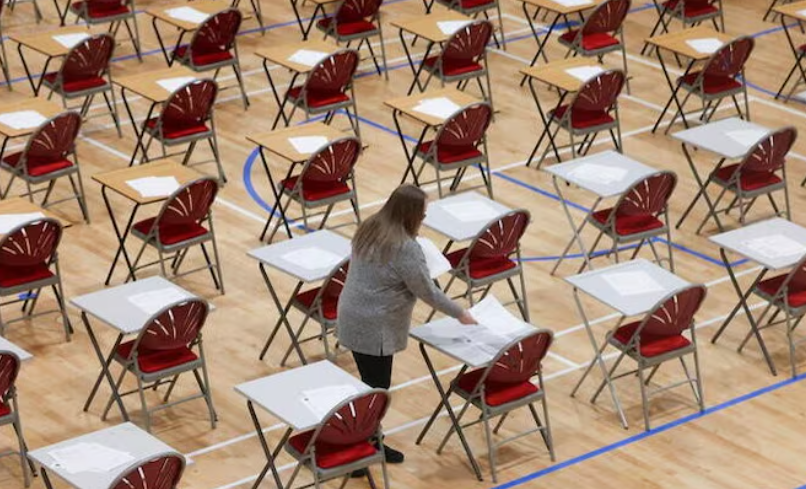This year’s law school admission cycle kicks off with a strong start, showing a 26% increase in applicants for spots next fall compared to last year. Schools also report a 37% rise in the number of applications submitted.
Although the Law School Admission Council, which develops the LSAT, anticipates a slowdown in this early surge—most schools began accepting applications in September or early October—the current applicant numbers and other key factors indicate that law school admissions will be competitive this year.
“We see multiple signs that this year’s admission cycle is starting off on a very robust path,” said council interim president Susan Krinsky in her analysis of the early data. She believes that the upcoming election, recent U.S. Supreme Court decisions, and Democratic presidential candidate Kamala Harris’ focus on her career as a prosecutor may inspire more people to pursue legal careers this year.
Law school admissions consultant Mike Spivey points to another reason for the sharp early increase: the removal of the so-called logic games from the LSAT in August. Many students rushed to take the new version of the test after the council eliminated these challenging hypotheticals, following a 2019 settlement with two blind LSAT takers who claimed the games violated the Americans with Disabilities Act.
Spivey predicts that the total number of applicants will rise by 10% to 15% by the end of the cycle in spring. He adds that an increase in high LSAT scores will likely make it tougher for lower-scoring applicants to gain admission. The surge in applicants aligns with a 13% increase in individuals taking the LSAT during August, September, and October. The number of students registered to take the admissions exam in November has also increased by 31% compared to last year, according to the council.
However, a few caveats exist regarding this year’s early data. Last year, schools had received only 15% of their total applications at this time.
Many law schools opened their applications later than usual last year as they revised their essays and personal statement sections in response to the U.S. Supreme Court’s June 2023 decision barring the consideration of race in college admissions.
This year, with a return to traditional application opening dates, the early numbers might exaggerate the growth in the actual applicant pool.
Krinsky emphasizes that current applicants have had several more weeks to submit their applications than their counterparts last year, making direct comparisons misleading.

